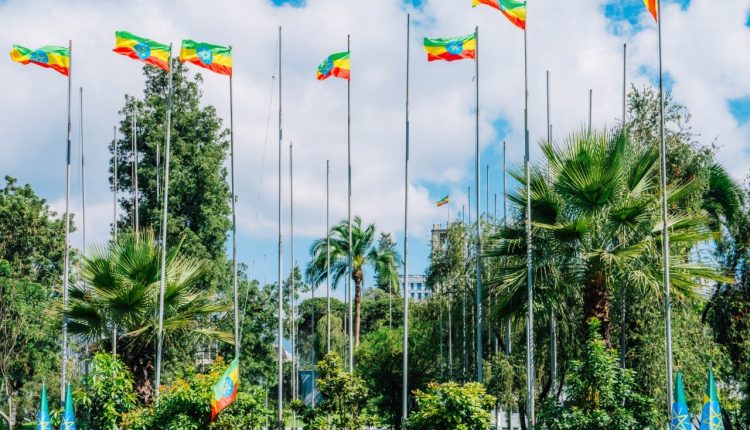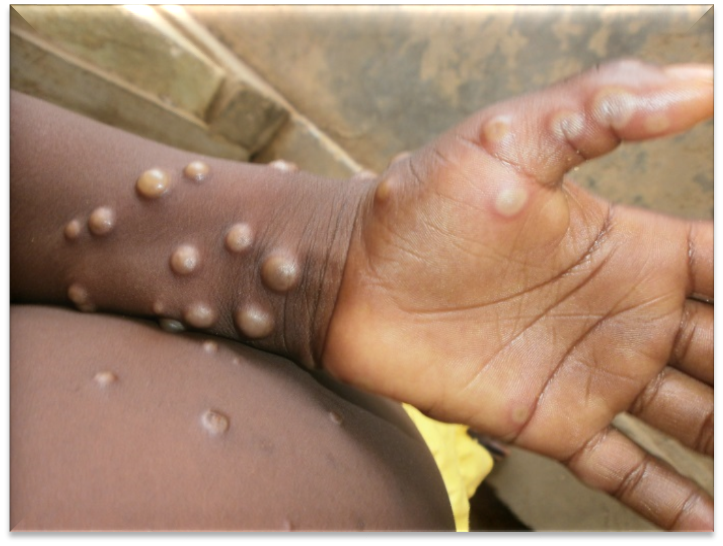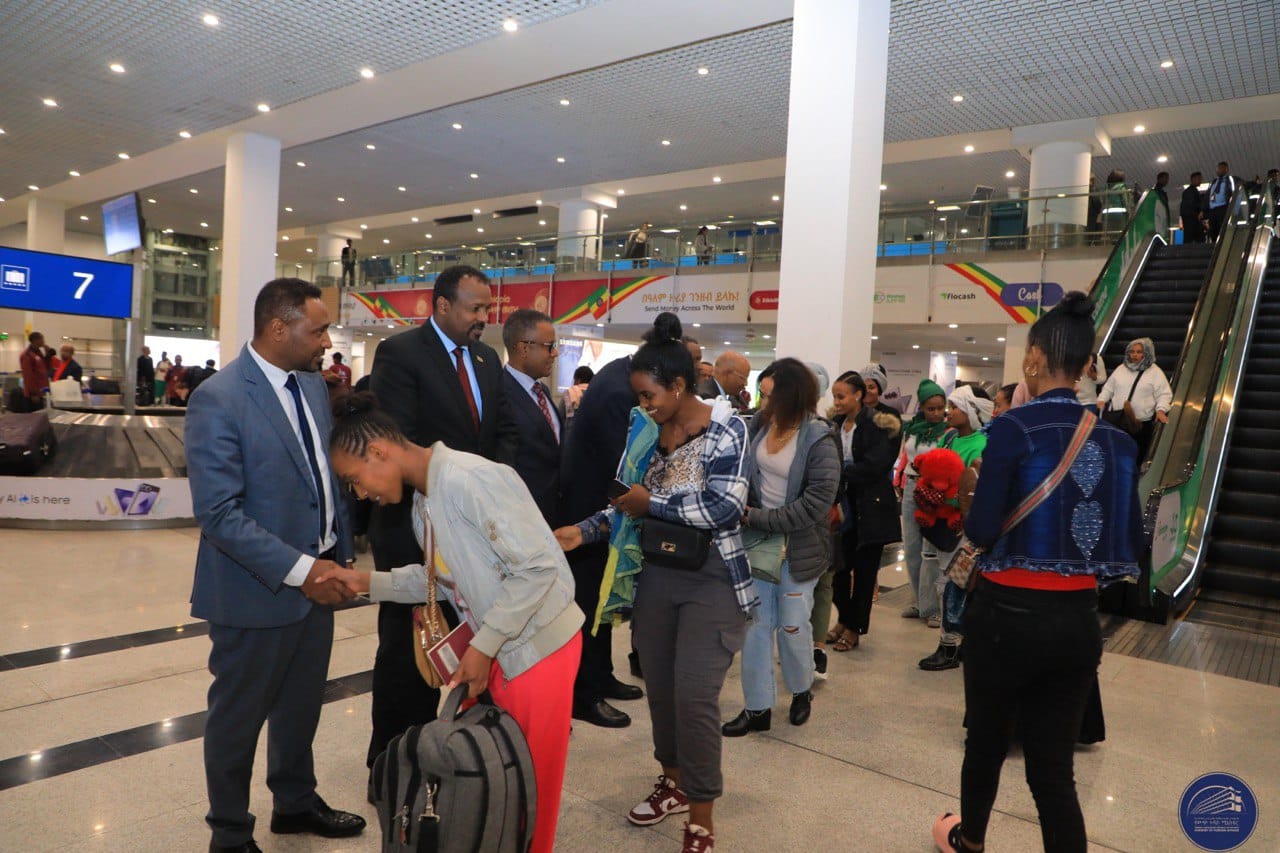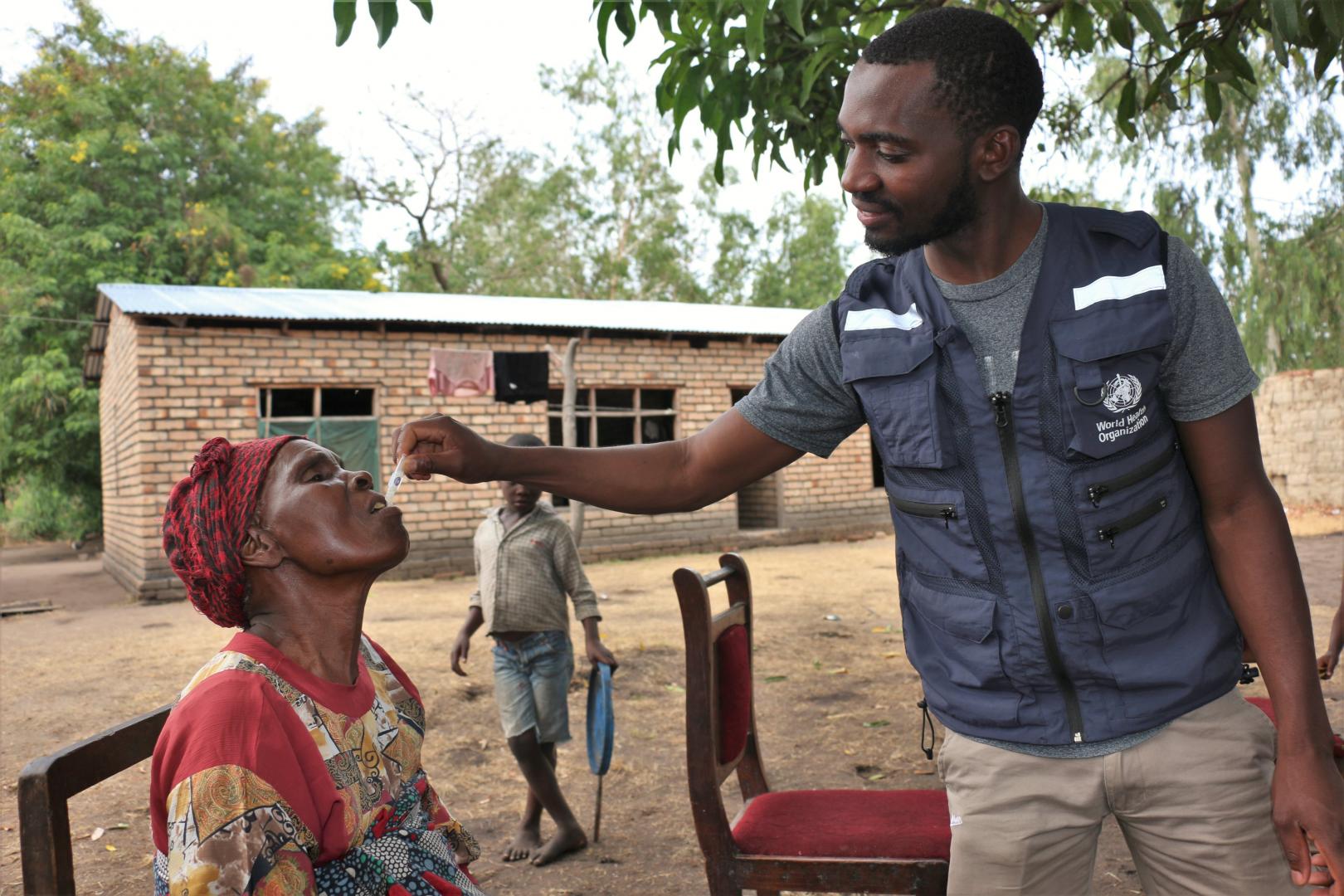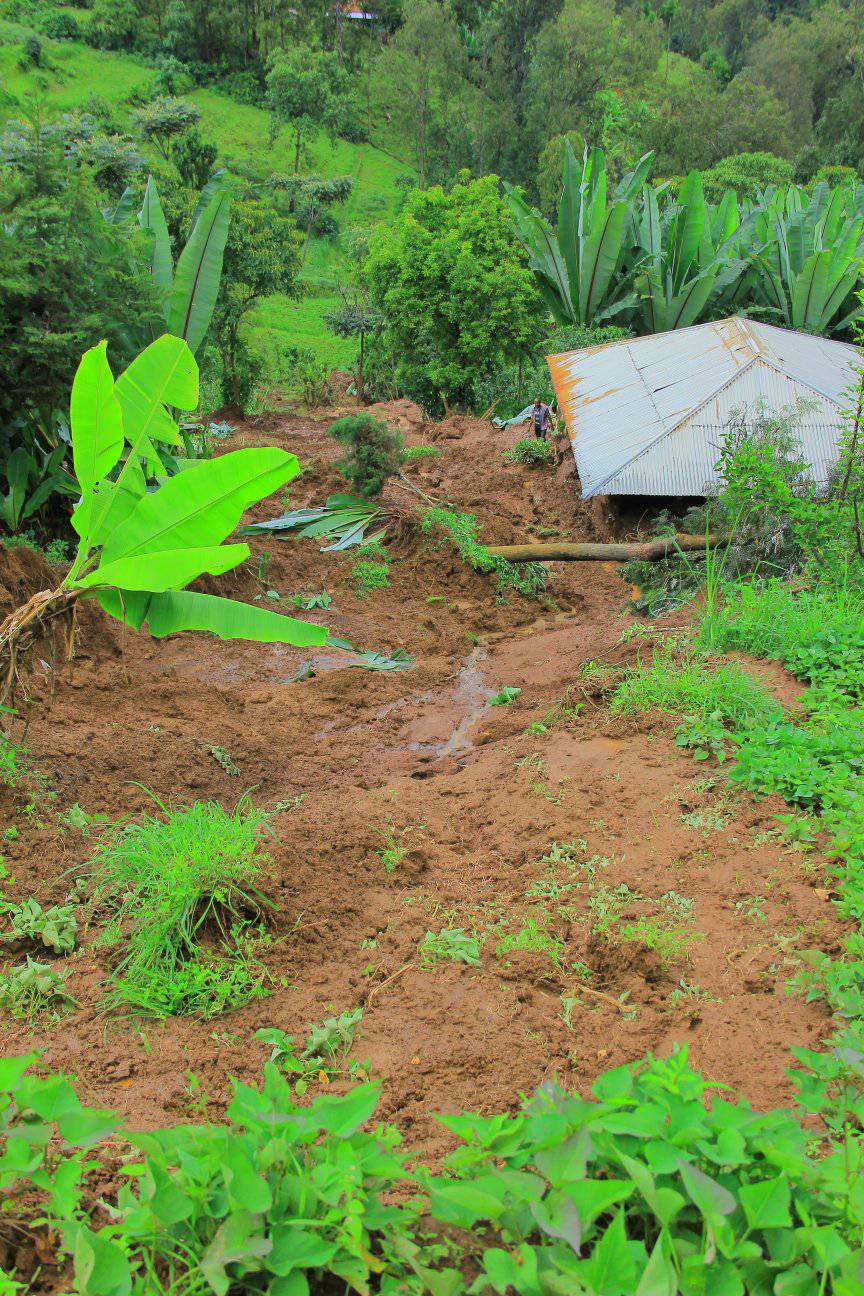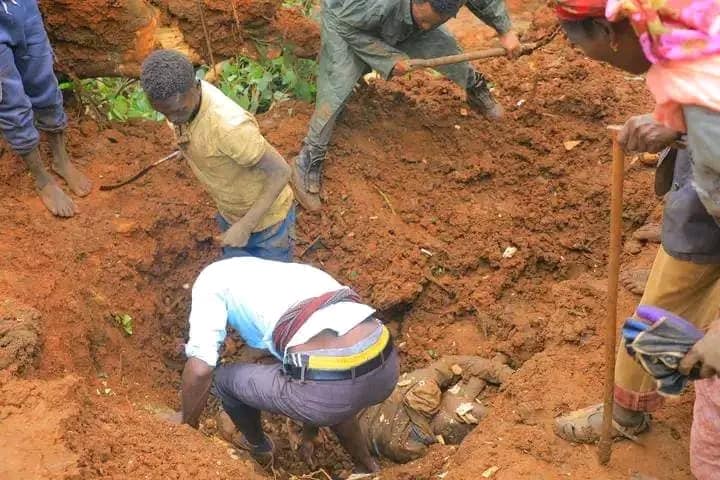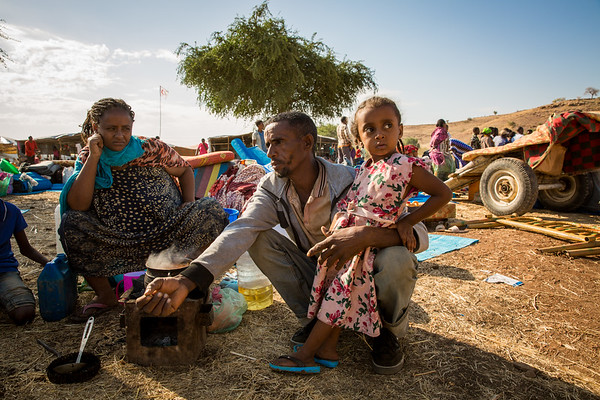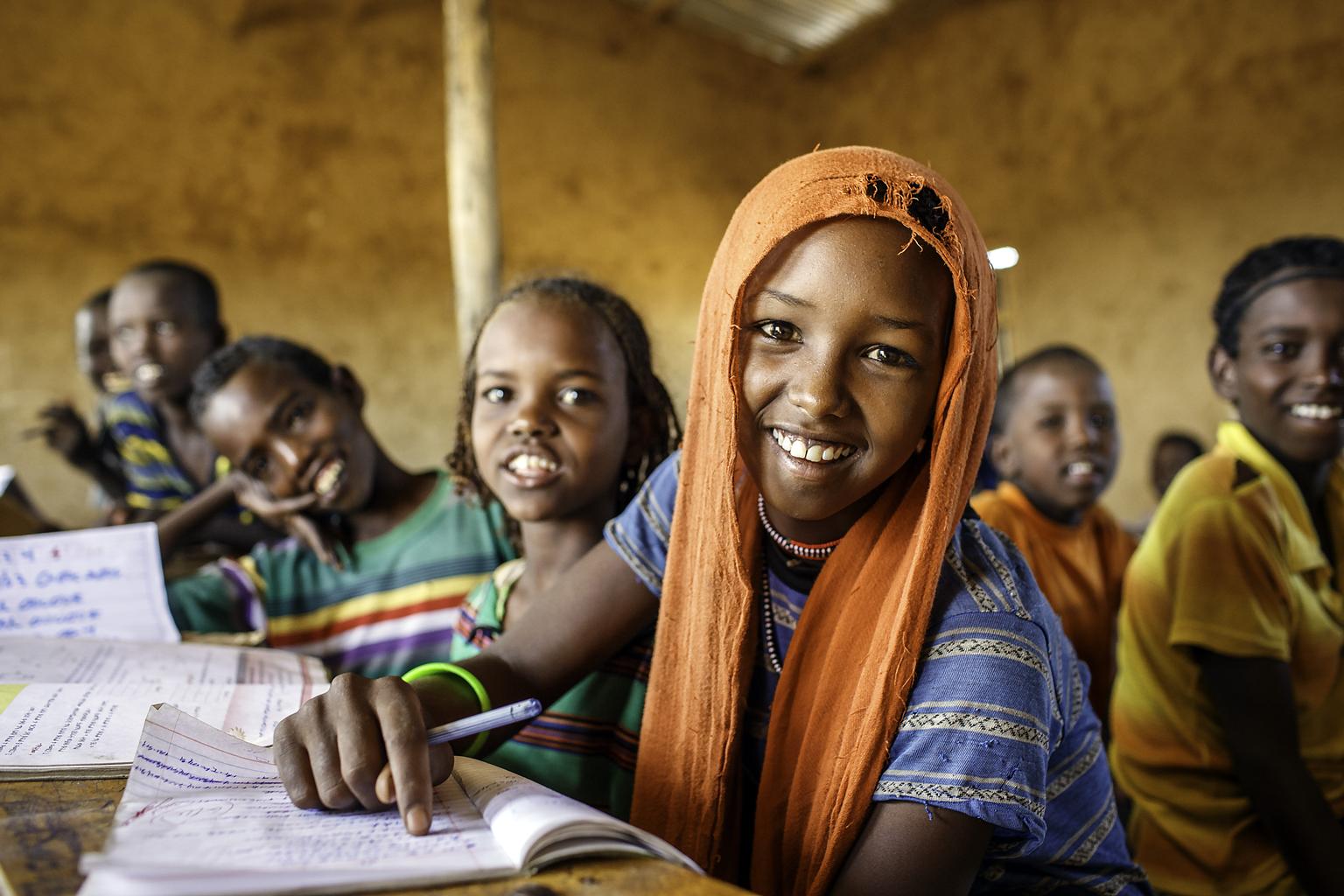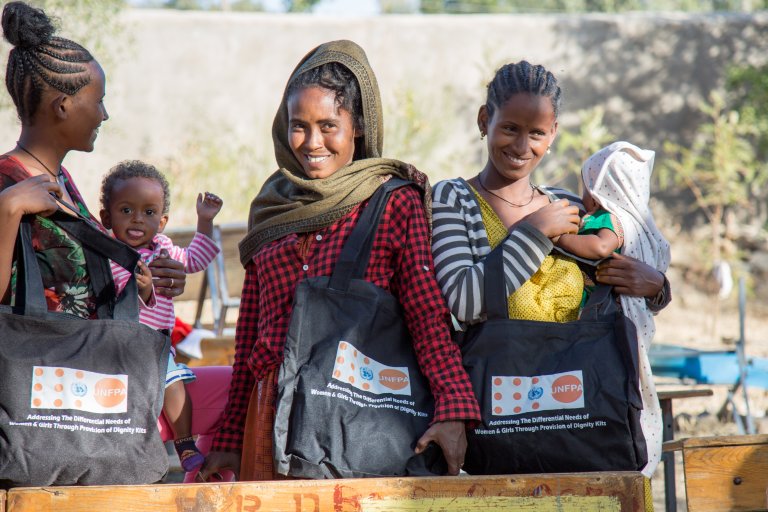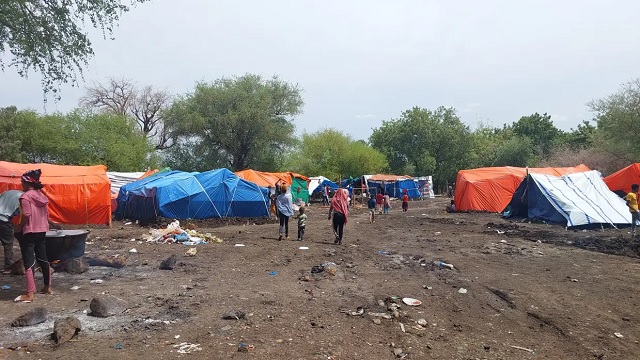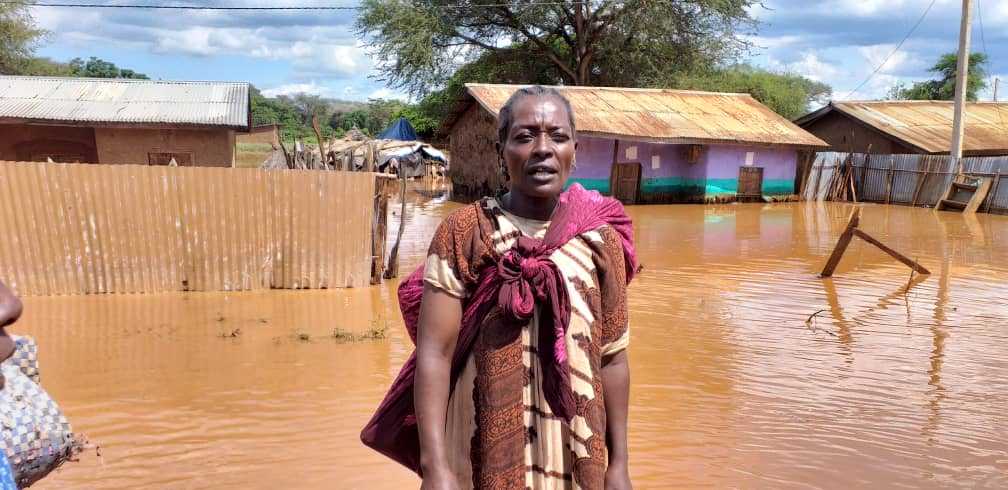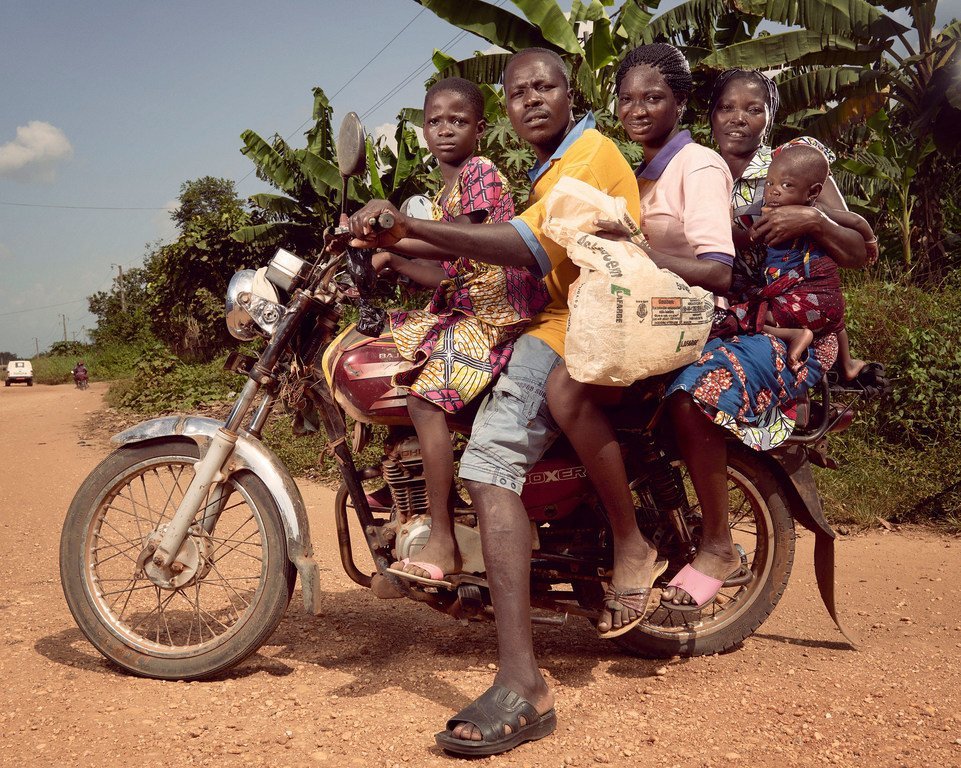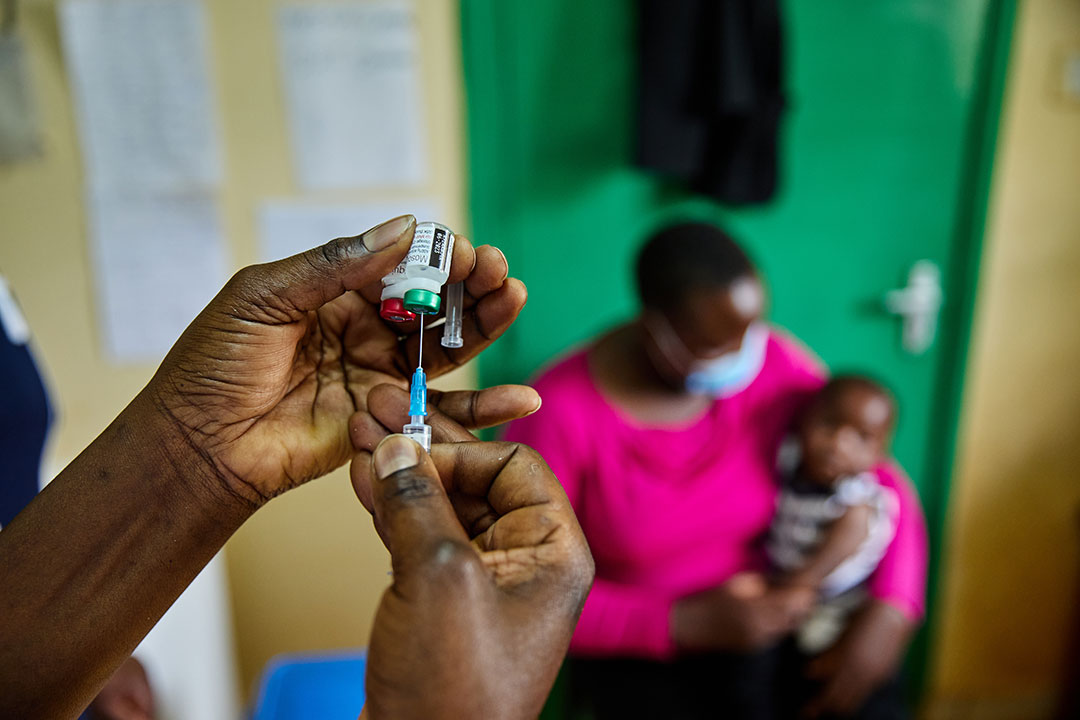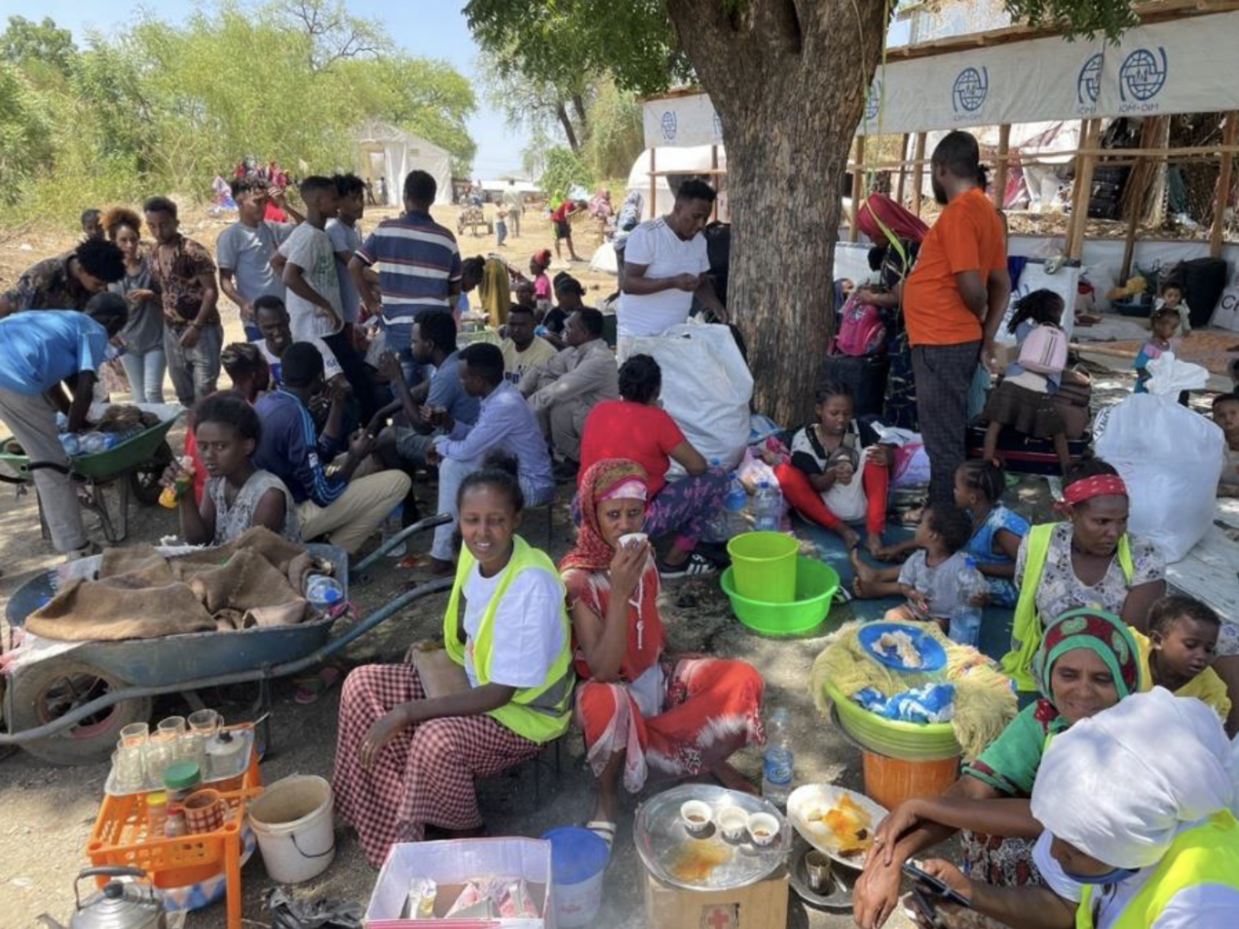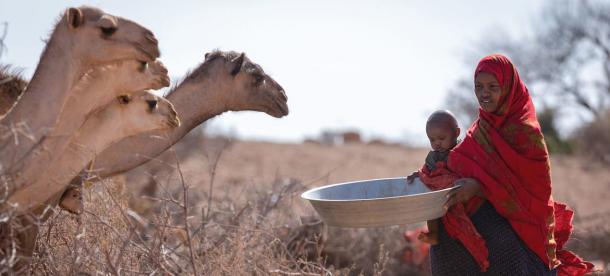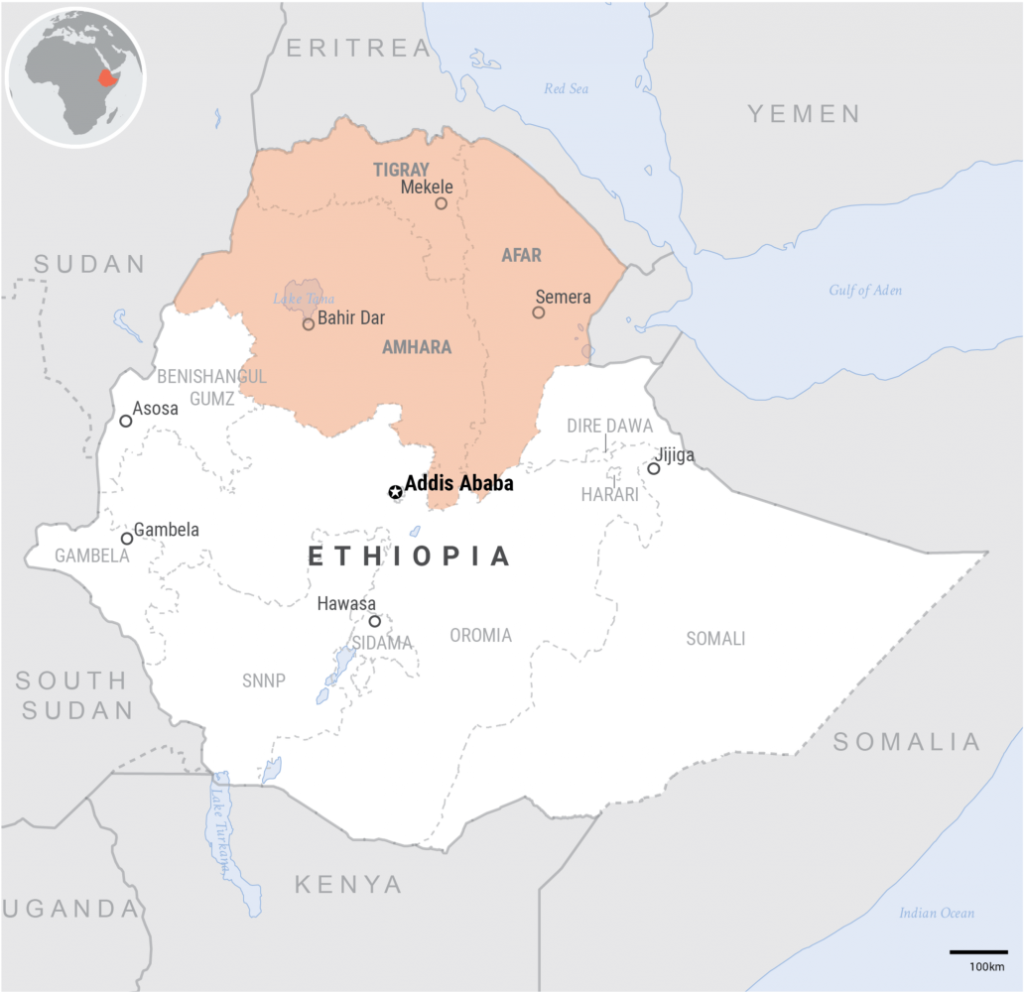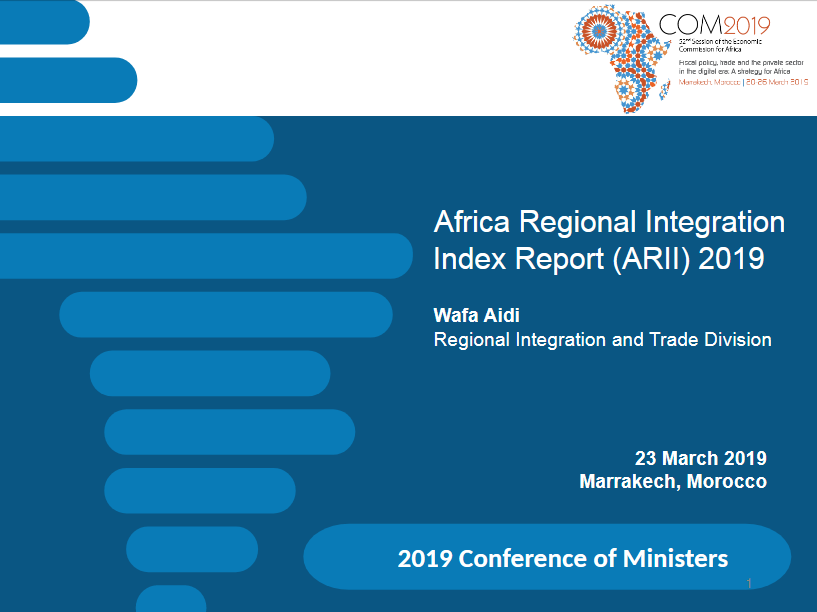
ADDIS ABABA, June 13 (EI) — South Africa, Kenya and Rwanda ranked as the top three most integrated countries in Africa, as South Sudan ranked least integrated country on the continent, according to a joint regional integration index published by the United Nations (UN) and the African Union (AU) Commission.
The newly published report, entitled the Africa Regional Integration Index (ARII 2019), was recently launched by the United Nations Economic Commission for Africa (UNECA), the AU Commission, and the African Development Bank (AfDB) with a call to action to African economies to deepen their integration.
The regional integration index, which scored across five key dimensions that are trade, productive capacity, macroeconomic policy, infrastructure, and free movement of people, ranked African countries’ integration within their respective regional economic communities and with the rest of the African continent.
South Africa, with a score of 0.625 out of 1, is the most regionally integrated country on the continent, followed by Kenya with a score of 0.444 and Rwanda which scores 0.434, according to the report.
The Africa Regional Integration Index further placed Morocco and Mauritius fourth and fifth with scores of 0.430 and 0.424, respectively.
The continent’s best overall performer, South Africa, is also the top performer on the infrastructure and productive dimensions, in which the country reaches the maximum score of 1 on production dimension.
South Africa also fares among the top four on the trade dimension and is an average performer on the macroeconomic dimension. Its weakness, however, lies in the free movement of people, where it ranks low.
The index also indicated that the second-most integrated country in Africa, Kenya, enjoyed “very good performance” on the productive, infrastructure, and free movement of people dimensions. The East African country is among the top performers in the trade dimension, as the country has already ratified the African Continental Free Trade Area (AfCFTA) Agreement.
Kenya, however, performed poorly on the macroeconomic dimension. In contrast, macroeconomic integration is Rwanda’s major strength, which holds Africa’s fourth place on that dimension.
Rwanda also boasts very good performance on the free movement of people, as the country ratified the AfCFTA agreement promptly and liberalized the mobility of labor by signing the Protocol on the Free Movement of Persons in Africa.
Despite ranking third on overall regional integration index, Rwanda, however, is a low performer on the productive dimension.
Morocco and Mauritius also enjoyed the first and second positions on the macroeconomic dimension. Moreover, both countries have good regional infrastructure, in which Morocco ranks fourth and Mauritius ranks sixth continent-wide.
The second Africa Regional Integration Index also ranked South Sudan as the least integrated African country, which scores 0.147. The weaknesses of South Sudan are said to be in the macroeconomic and infrastructure dimensions, where it ranked last.
South Sudan is followed by Eritrea as the second-least integrated African country, with a score of 0.161. Eritrea lies in the bottom six on the free movement of people, infrastructure, macroeconomic and trade dimensions.
The other least performing African countries are Burundi, Sierra Leone and Sudan. Low performance in Burundi and Sierra Leone is principally driven by the two countries’ lack of commitment to liberalize the movement of people. Sudan on the other hand performs very poorly on regional trade.
The report also found that Africa’s overall integration is in general low, with an average score of 0.327.
“The high score of only 0.625 (South Africa) shows that Africa has extensive potential to boost integration and tap into its benefits,” the report read. It also stressed that the disparity in the performance of African countries is “significant,” particularly on the productive and infrastructure dimensions.
The second Africa Regional Integration Index, however, argued that African countries in general “fare better on the free movement of people and macroeconomic dimensions.”
Overall, the index ranked 25 out of the total 54 ranked African countries as low performers in terms of regional integration, 9 countries as average performers, and 20 countries as high performers.

